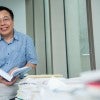
Researchers discover new flat electronic bands, paving way for advanced quantum materials
A team of scientists led by Qimiao Si predicts the existence of flat electronic bands at the Fermi level.

Researchers discover new flat electronic bands, paving way for advanced quantum materials
A team of scientists led by Qimiao Si predicts the existence of flat electronic bands at the Fermi level.

The gap between health insurance costs and workers’ wages has significantly expanded, and this trend has not only led to significant concerns about health care affordability but raised questions regarding whether hospitals or health insurance companies bear the blame for escalating costs, according to new research from Rice's Baker Institute for Public Policy.
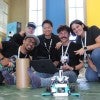
Rice to host ISU space robotics competition June 21
Space industry professionals from around the world are set to compete in a space-themed robotics competition at Rice.
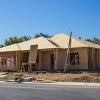
Despite Houston’s longtime reputation as one of the most affordable large cities in the country, homeownership is increasingly out of reach for many of its residents, according to the 2024 State of Housing in Harris County and Houston report.
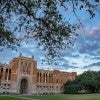
A number of Rice graduate programs are rated among the nation’s best in the latest edition of U.S. News and World Report’s “Best Graduate Schools” rankings.

2024 Rice Kinder Institute State of Housing report to be discussed at June 20 webinar
A free webinar highlighting findings from the 2024 State of Housing report from Rice University’s Kinder Institute for Urban Research will be held June 20.
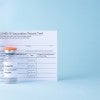
Study highlights most supportive ethnic group for COVID-19 vaccine mandates
Rice research of South Texas residents revealed that vaccinated Asian patients were significantly more likely than other ethnic/racial groups to support COVID-19 vaccine mandates.

Rice announces updates to application processes
Rice University announced today two significant updates to its admission policies. The first introduces an Early Decision II plan, while the second modifies the test score policy for admissions applications. Both changes will be implemented for the fall 2024-25 admission cycle.

According to recent research by sociologists at Rice, Black nationalism now finds broader support among different segments of the Black community, though the characteristics of Black nationalists have changed over time.

Woodside Energy CEO, former Houston mayor to discuss LGBTQ+ representation, leadership at Ion event
Woodside Energy CEO Meg O’Neill and former Houston Mayor Annise Parker will host a June 20 fireside chat at the Ion, Houston’s innovation hub powered by Rice.

Following the murder of George Floyd, evangelical Christians were more likely to avoid the issue of racial injustice, while mainline Protestants and Black clergy addressed the topic in their congregations and in some cases took a stand against it.
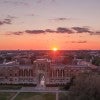
Rice selected by Carnegie Foundation for inaugural Leadership for Public Purpose Classification
Rice is one of 25 U.S. colleges and universities to receive the first Carnegie Leadership for Public Purpose Classification.

‘Knowledge is Power’: Rice students create startup to help people take control of their health care
A group of Rice students has launched a startup, The Healthcare Navigator, to help people take back control of their health care and revolutionize the health care system. This powerful platform empowers consumers with comprehensive information on treatment and financial options, making health care easier to navigate.
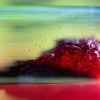
Rice lab achieves major gains in perovskite solar cell stability
Rice lab develops new chemistry to achieve commercially relevant stability and performance for perovskite solar cells.
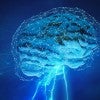
Rice’s Baker Institute unveils Neuro-Policy Program, $1M gift to advance Texas ‘brain capital’
A $1 million gift to Rice’s Baker Institute for Public Policy from Harry Yan and Weiman Gao will establish a new Neuro-Policy Program to advance interdisciplinary approaches to addressing brain health challenges as well as spurring economic opportunity.